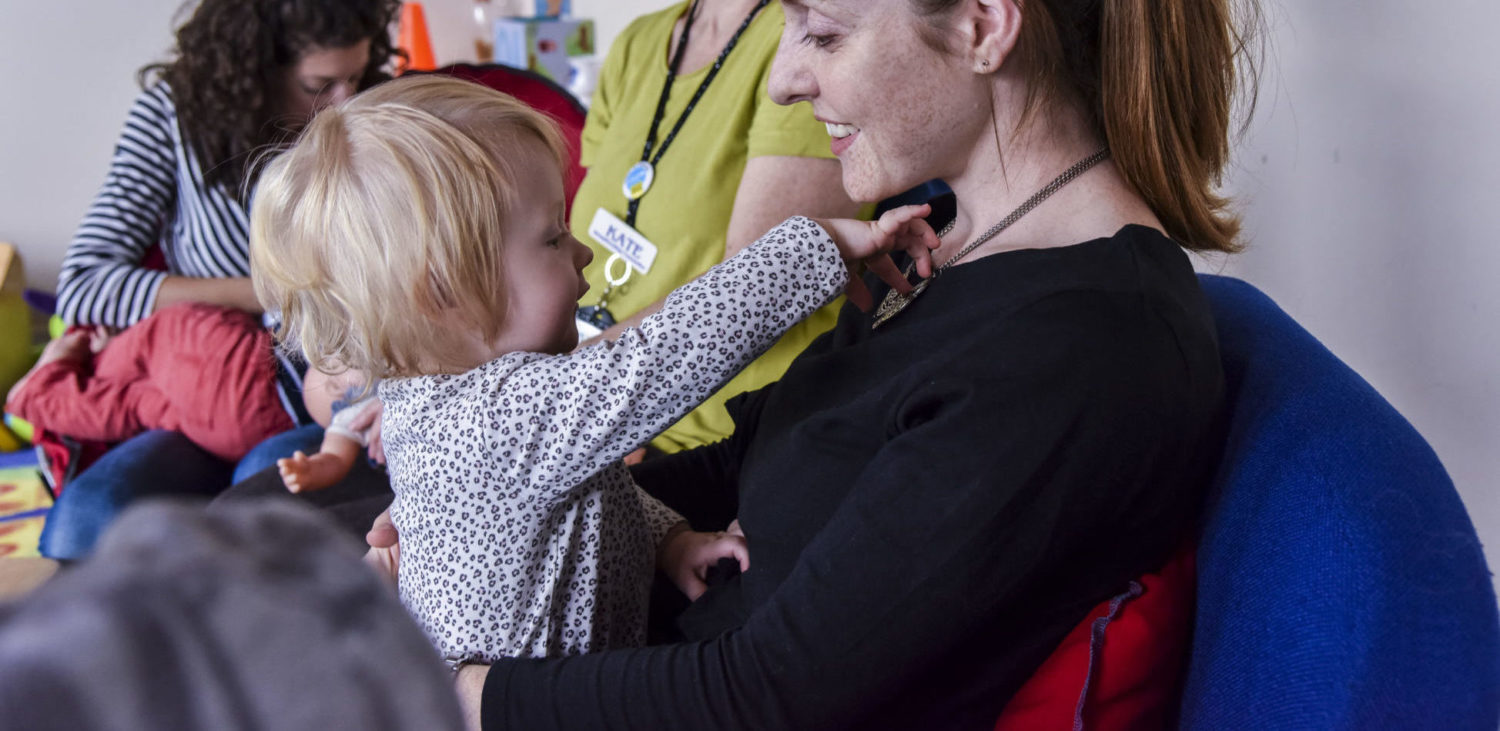Our Call to Action campaign urges UK governments to take four key steps to enable mothers to breastfeed for as long as they wish and to protect all babies from commercial interests.
The following outlines Step 3: the importance of implementing evidence-based initiatives that support breastfeeding, both in healthcare settings and in the wider community.
The UK has one of the most entrenched bottle feeding cultures in the world, and despite overwhelming evidence that breastfeeding saves lives, improves health and cuts costs, there continues to be a general belief that formula milk is almost as good as breastmilk. In addition, breastfeeding is a highly emotive issue as so many parents do not breastfeed or try very hard to breastfeed without success. Concerted and coordinated action at national, local and societal level is required to change the environment in the UK and enable mothers to breastfeed in health services, in the community and in the home. Only then will we return to a society where breastfeeding is seen as the normal way to feed our babies.
Evidence indicates that the biggest improvements in breastfeeding rates come when a multi-faceted approach is taken that considers the parents’ whole journey from pregnancy to new parenthood. Sensitive conversations during pregnancy, skilled support in the immediate post-birth period, ongoing guidance and social support are all needed to enable mothers to feel confident and breastfeed successfully for as long as they wish. In addition, the wider community needs to welcome and support breastfeeding, including in public spaces, in the workplace and through the media.
Within the healthcare setting, The Baby Friendly Initiative is improving practice to support breastfeeding, but maintaining these positive results requires continued resourcing as well as interventions beyond the healthcare context. An evidence based, global programme of UNICEF and the World Health Organisation (WHO), the Baby Friendly Initiative is recommended by the National Institute for Health and Clinical Excellence (NICE) and cited in numerous national policy and guidance documents. The programme has been highly successful, with over 93% of maternity units and 90% of health visiting services actively engaged, and as a consequence breastfeeding initiation rates have improved by over 20%.
However, breastfeeding continuation rates remain worryingly low. Whilst it is highly commendable and reassuring that the UK healthcare system has made such progress with implementing the Baby Friendly standards, recent staff shortages in maternity services, cuts to health visiting services and de-commissioning of voluntary sector support undermine this success.
Breastfeeding practices are highly responsive to interventions delivered in health systems, communities, and homes. The largest effects are achieved when interventions are delivered in combination.
We know from the extensive evidence base that women need face-to-face, predictable, ongoing support to continue to be successful at breastfeeding, but this strain on resources means that the quantity and quality of care has been compromised. In addition, enabling longer term breastfeeding requires support at a political level in conjunction with community-based interventions such as mother support groups.
The Baby Friendly standards have helped to improve breastfeeding initiation rates and provided a strong foundation on which further initiatives can be developed. In order that we do not lose all the progress that has been made, and to ensure that we continue to improve breastfeeding rates, UNICEF UK is calling on the UK governments to maintain and improve support for health services to continue to implement the Baby Friendly standards and to make them sustainable over time.
In addition, we are calling on the UK governments to implement a collective suite of evidence-based initiatives within and beyond the healthcare context, to support the UK to regain its breastfeeding culture. Areas requiring urgent attention include social support for breastfeeding mothers, public health campaigns to raise awareness, employer schemes to support mothers returning to work and breastfeeding welcome schemes to enable mothers to feel confident to breastfeed when not at home. Only when a holistic approach is taken, with community interventions complementing healthcare initiatives, will breastfeeding rates see consistent and sustainable improvement.



